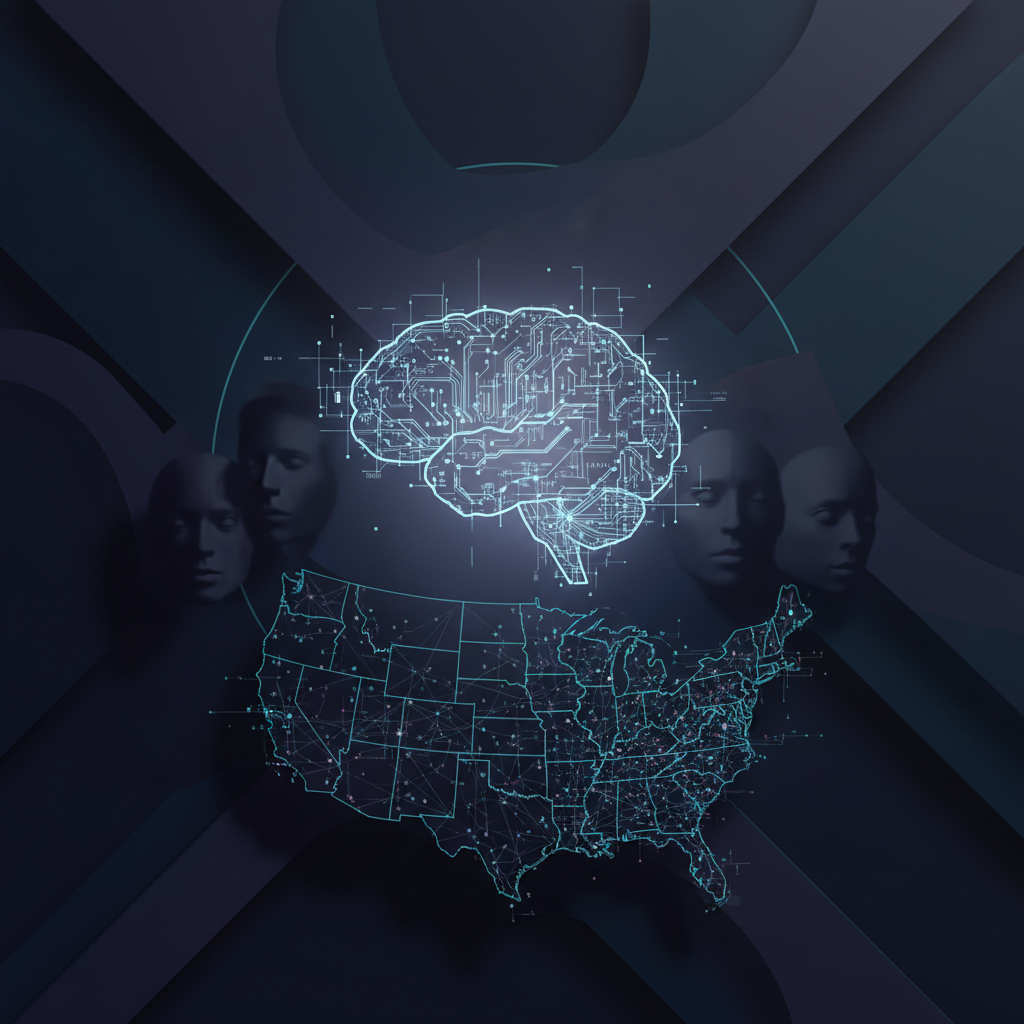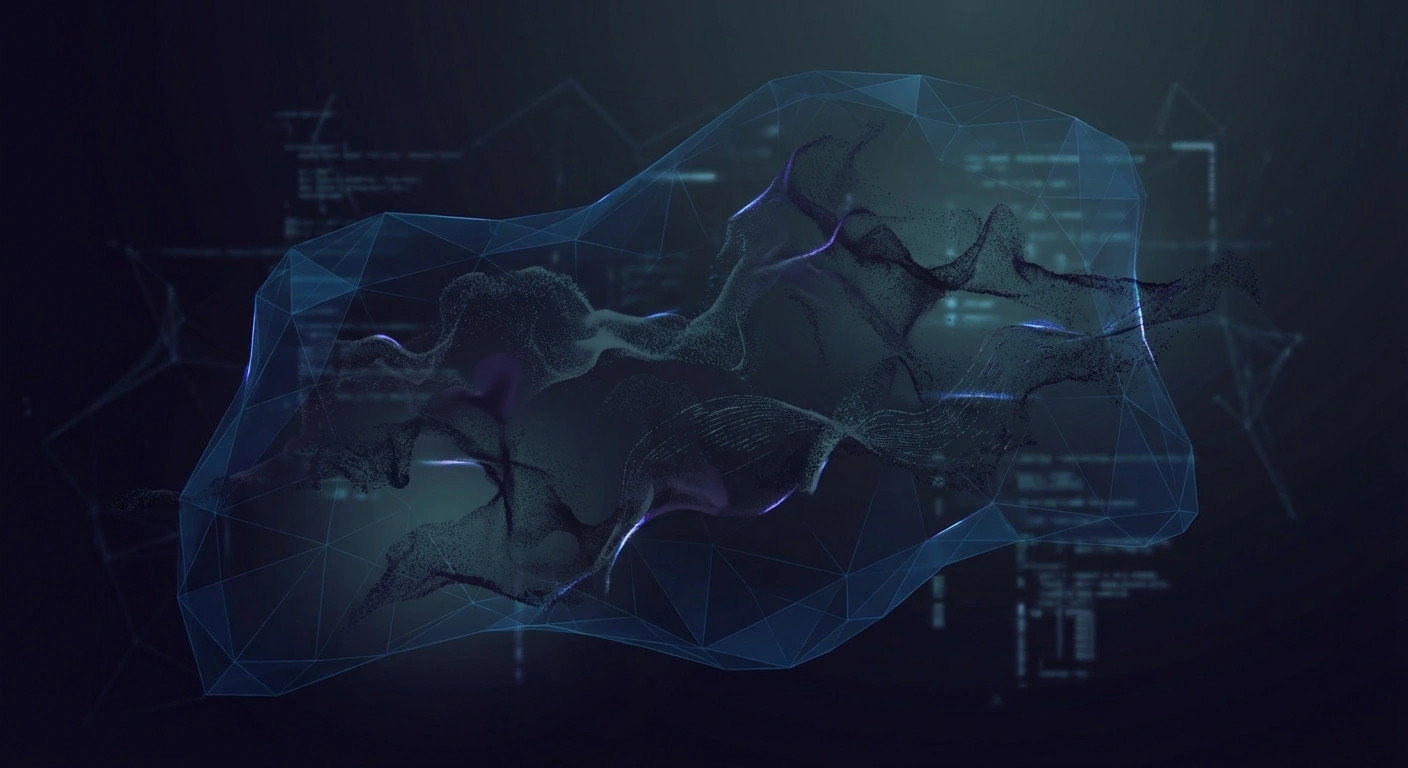VerifyLabs.AI Maps America's Deepfake Anxiety
New research from VerifyLabs.AI reveals growing public concerns about deepfake technology, highlighting critical gaps in detection awareness and digital literacy.

As deepfake technology becomes increasingly sophisticated and accessible, understanding public perception and concerns has become crucial for developing effective detection strategies and educational initiatives. New research from VerifyLabs.AI provides unprecedented insights into how Americans perceive and fear deepfake technology, revealing significant gaps in awareness that could leave millions vulnerable to synthetic media manipulation.
The comprehensive study, which surveyed thousands of participants across diverse demographics, paints a complex picture of a nation grappling with the implications of AI-generated content. While awareness of deepfakes has grown substantially over the past two years, the research indicates that understanding of detection methods and protective measures remains alarmingly low.
The Fear Factor: What Keeps People Awake
According to VerifyLabs.AI's findings, the primary concerns about deepfakes cluster around three critical areas: political manipulation, personal identity theft, and financial fraud. Nearly 78% of respondents expressed significant worry about deepfakes influencing elections, while 65% feared having their own likeness used in synthetic media without consent. Perhaps most telling, only 12% of participants felt confident in their ability to identify a well-crafted deepfake.
The research reveals a generational divide in deepfake anxiety. Younger demographics, while more familiar with the technology, paradoxically showed less concern about its implications. Older participants, particularly those over 50, demonstrated higher levels of worry but lower confidence in their ability to navigate synthetic media landscapes. This disconnect highlights the need for tailored educational approaches across age groups.
Detection Blind Spots and Technical Literacy
One of the study's most significant findings relates to public understanding of deepfake detection technologies. While major tech companies and startups have developed sophisticated authentication systems and detection algorithms, awareness of these tools remains minimal. Less than 20% of respondents knew about browser extensions for media verification, and fewer than 5% had heard of technical standards like C2PA (Coalition for Content Provenance and Authenticity).
VerifyLabs.AI's research also explored how people currently attempt to identify deepfakes. Most rely on outdated visual cues like "unnatural eye movements" or "weird lighting," indicators that modern AI systems have largely overcome. This reliance on obsolete detection methods creates a false sense of security, potentially making individuals more vulnerable to sophisticated synthetic media attacks.
Implications for Detection Technology Development
The findings have significant implications for companies developing deepfake detection solutions. The research suggests that even the most advanced detection algorithms may fail to protect the public if they're not accessible and understandable to average users. VerifyLabs.AI recommends a shift toward more intuitive, user-friendly authentication tools that don't require technical expertise to operate effectively.
The study also highlights the urgent need for standardized digital authenticity protocols. Without widely adopted verification standards, the public remains dependent on platform-specific solutions that vary in effectiveness and availability. The research calls for industry collaboration to establish universal authentication frameworks that work across all digital media platforms.
Moving Forward: Education and Technology Convergence
As deepfake technology continues to advance, with recent developments in real-time voice synthesis and video generation pushing the boundaries of what's possible, public education must keep pace. VerifyLabs.AI's research suggests that combining technological solutions with comprehensive digital literacy programs offers the best path forward for protecting individuals and institutions from synthetic media threats.
The study's findings arrive at a critical moment, as regulatory bodies worldwide grapple with deepfake legislation and major social media platforms implement new synthetic media policies. Understanding public fears and knowledge gaps will be essential for crafting effective policies that balance innovation with protection against misuse.
Stay informed on AI video and digital authenticity. Follow Skrew AI News.



